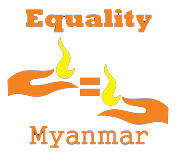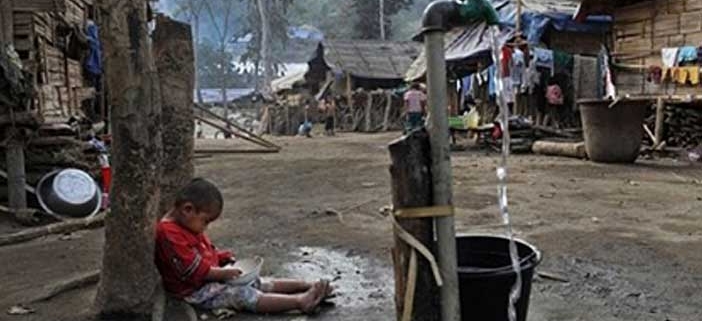FRIDAY, 24 FEBRUARY 2012 00:00MATTHEW PENNINGTON / AP WRITER
WASHINGTON — Human Rights Watch says that despite Burma’s headlong rush toward reform and cease-fires reached with ethnic insurgents, abuses by the military have not abated.
The group’s senior researcher on Burma, David Mathieson, said on Thursday the country has seen its most rapid changes in decades and the government has tasked ministers to reach out to groups embroiled in long-running ethnic conflicts.
Mathieson said that on a recent visit to the main city of Rangoon, the first he was able to make in 10 years, he heard unprecedented open discussion about rights violations, including in Kachin State where fighting since last June has displaced 70,000 people.
But he said the army of Burma is acting no better than it has in the past six decades, with reports of sexual violence, use of forced labor and firing on civilians.
“The military is the wild card,” Mathieson told the Wilson Center think tank in Washington. “No one knows what’s happening within the military. The only thing we can discern is that they are as abusive as ever.”
He said government forces had shown no restraint in their conduct of counterinsurgency operations in ethnic minority regions in the east of the country—conflicts far-removed from life in central regions where the Burman ethnic majority live.
“With all the changes happening in central Burma, it’s quite alarming that the military has shown absolutely no compunction to change its behavior,” Mathieson said.
Mathieson is based in neighboring Thailand where about 140,000 ethnic minority refugees from eastern Burma live in camps. He said based on his interviews with victims of abuse and with former soldiers, there appears to be a culture of “recreational sadism” in the Burma army, with troops looking down on minorities.
Mathieson also noted less-documented rights abuses by some ethnic armed groups against their own people, including use of child soldiers—rampant too in the national army—and executions of Burma prisoners of war, which constitutes a war crime.
“In some cases, they are just as deeply corrupt as the Burmese military units they are fighting against,” he said.
Fighting in the country’s border regions has been an enduring adjunct to Burma’s half-century of military domination. While most international attention has been focused on the democracy struggle of opposition leader Aung San Suu Kyi, addressing the grievances of its many ethnic minorities could be the toughest challenge as the nation opens up.
A civilian government dominated by former generals took over from a military junta last year, and has eased restrictions on media, freedom of assembly and labor unions. Free and fair conduct of by-elections to be contested by Suu Kyi’s party next month could persuade Western governments to ease tough sanctions.
Mathieson described Burma’s release of prominent political prisoners as “remarkable” but cautioned that several hundred remain and urged the government to allow the International Committee of the Red Cross access to the nation’s prisons.
Photo : AP


 Equality Myanmar (EQMM) is a leading nongovernmental organization that organises a wide range of human rights education and advocacy programs, the documentation human rights violations, and provides emergency support for activists, human rights defenders, and their families. We work with a range of local civil society organizations, educators, activists, various local actors, and our programs and activities reach all states and regions in Myanmar.
Equality Myanmar (EQMM) is a leading nongovernmental organization that organises a wide range of human rights education and advocacy programs, the documentation human rights violations, and provides emergency support for activists, human rights defenders, and their families. We work with a range of local civil society organizations, educators, activists, various local actors, and our programs and activities reach all states and regions in Myanmar.
